What kind of parent are you? What type of parenting styles do you adopt? Can you stay calm when you are pushed against the wall by your child? Do you know conscious parenting can help you raise happy children?
“To enter into a state of pure connection with your child, you can achieve this by setting aside any sense of superiority.” – Shefali Tsabary, The Conscious Parent
Parenting is one of the greatest challenges of life. But it can also be one of the most rewarding experiences of life. However, as we get so involved in playing our role as a parent, we often forget what is best for our children and for their mental and emotional wellbeing.
We follow a set pattern that defines our roles as a mom or a dad and as a result of this we are unable to savour the moments we share with children.
We are so engaged in playing the part of the parent that we tend to forget to experience the authenticity and the beauty of this time. Instead, we focus on developing a hierarchy based on our belief that we need to teach our children about the world and raise them right. We feel that we should tell them what to do and they should do exactly what we say.
We decide how they live and who they become as we mould our children into our perception of what is best for them. What we believe will make them happy and successful. But that’s not how parenting works.
The truth is our children teach us about ourselves as much as we, as parents, teach them.
So the questions we need to be asking is how do we connect with our child? How do we let them grow up as their unique selves? How do we become conscious parents so that our children experience mental, emotional, physical and spiritual well being? The answer is conscious parenting.
Read Helicopter Parenting: Why It Fosters Failure
What is Conscious Parenting?
“When you parent, it’s crucial you realize you aren’t raising a ‘mini me,’ but a spirit throbbing with its own signature. For this reason, it’s important to separate who you are from who each of your children is.” – Shefali Tsabary, The Conscious Parent
Conscious parenting refers to creating a deeper connection with your child that allows you to truly understand them and nurture their unique essence as an individual. It allows you to be conscious and mindful in your interactions with your kids so that you can enjoy each moment spent with them.
However, you will be required to change your beliefs regarding parenting and how you observe the behavior of your child. You will need to respond more consciously to every action and behavior of the child. This requires you to work on yourself and your beliefs so that you can see your child as the individual he or she is instead of how you want to see them as.
Conscious Parenting does not follow any specific rules, strategies or techniques. But it doesn’t mean that there are no boundaries that your children need to follow.
- It is one of the most effective parenting styles that can be used at any level of your kid’s growth.
- This parenting philosophy is based on the belief that your child is separated from you.
- Your child is an independent being who wants to be their own authentic self, express what they feel and reach his/her fullest potential.
Read 4 Types Of Parenting Styles In Psychology: What Kind Of A Parent Are You?
Conscious Parenting vs Modern Parenting
“Our children pay a heavy price when we lack consciousness. Overindulged, over-medicated, and over-labeled, many of them are unhappy. This is because, coming from unconsciousness ourselves, we bequeath to them our own unresolved needs, unmet expectations, and frustrated dreams.” – Shefali Tsabary, The Conscious Parent
Being a conscious parent means you utilize emotionally intelligent behavior to connect, engage and discipline with your child. This is one of the best parenting styles that are not based on retaliatory or penal methods to teach your child as a young mind can establish connections better through empathy and compassion. As a conscious parent you use ordinary moments from everyday life to create a deeper bond with your son or daughter. This allows you to learn to be a better parent through awareness and mindfulness.
Hence, you can drastically change your reactions and behaviors based on the responses of your child. By becoming a conscious parent, you shift your focus to your inner experience as a parent and use this feeling to understand how closely you are connected to your child and yourself.
But modern parenting styles does not follow this philosophy. It is primarily based on punitive methods that focus on controlling and correcting the child. As we believe we know what is best for our children, we put our maximum effort into shaping and moulding them into what we believe is good for them. This includes punishments, bribes, rules, disciplining and even shouting when the need be.
Conscious Parenting takes a different approach to raising children. Instead of treating children like feeble individuals who need to be told everything, a conscious parent focuses on developing a nurturing environment, where the child is empowered to be themselves and reach their own conclusions about life and themselves. They are enabled to take the best decisions about who they want to be and how they want to live their lives. Conscious Parenting is about letting your child be and accepting them as they are instead of trying to ‘fix’ them. It is about realizing that our children are as important for our emotional, mental and spiritual development as we are to them.
Read Parental Alienation Syndrome: What Is It, And Who Does It?
The urgent need for Conscious Parents
“You must love in such a way that the person you love feels free.” – Thich Nhat Hanh
One of the most important things we need to realize as parents is that we do not own our children. Our children can teach us a lot more about ourselves than what we can teach them.
Conscious parenting allows us to build a pure and genuine relationship with our inner selves which empowers us to develop a conscious bond with our child.
When we try to shape our sons and daughters according to our wishes, we deny them the opportunity to be who they want to be. When you deny your child the right to be their own self, they fail to accept their authentic selves. As they grow up to be adults, they become detached from their emotions as they live their lives based on their parents’ and others’ expectations. And as your child becomes a parent, this vicious cycle begins again.
The secret to building an authentic relationship with your child that is based on understanding, empathy and compassion is to first nurture the relationship you have with your inner self.
Read 9 Traits That Parents of Successful Kids Have In Common
This will allow you to be the best version of yourself and enable your child to be who they truly are. It is only by accepting your children as who they are inside, you can find happiness within yourself and with your children. And this can happen only by becoming more aware and mindful. This enables us to finally learn how to challenge our self-limiting beliefs regarding being a parent and life.
By practicing empathy, compassion and unconditional love, we not only heal what hurts us inside, we also open our hearts to celebrate the uniqueness of our children, allowing them to thrive by being their most authentic selves.
Only by teaching our children how to love themselves, love their unique talents and their flaws, we can help them become happy, successful, independent and confident individuals as they grow up.
When your child learns that they are free to be whoever they want to be without hurting or disappointing his or her parents, they can become loving and compassionate adults. Adults who accept themselves, their complex emotions and flaws as well as the flaws of others.
How to be a Conscious Parent
“Children aren’t ours to possess or own in any way. When we know this in the depths of our soul, we tailor our raising of them to their needs, rather than molding them to fit our needs.” – Shefali Tsabary, The Conscious Parent
Conscious parenting is about allowing your children to grow up in a way that will allow them to understand who they are and live their lives in a confident and independent way.
Here are a few ways that can help you start practicing conscious parenting:
- Focus on building a meaningful relationship with your child based on empathy, trust, and unconditional love, instead of controlling them
- Understand that your child is not a possession for you to own. Your role as a parent is to help them grow up, find themselves and reach their full potential.
- Make sure you listen to your children and understand them instead of telling them what to do.
- Instead of punishing your child for his/her mistake, practice forgiveness.
- Practice mindfulness and be more mentally, physically and spiritually aware in your interactions with your child.
- Heal yourself and solve your own emotional issues so that you can connect with yourself better. Your insecurities should not affect your child.
- Be respectful and courteous when you talk to your child. Communicate with them like you would with an adult.
- Do not implement any strict rules for your child to follow. Rules are important, but so is realizing when to let it go.
- Make sure your child is raised in an encouraging, positive and safe environment that allows them to learn and explore. Negativity can lead to lifelong phobias and inhibitions.
- Teach your child through your own actions and behaviors. As they will learn from you, behave the way you want them to behave.
- Follow a daily routine for regular activities to teach your child what, when and how they need to do things on a daily basis.
- Be empathetic in your reactions and responses to your child. It is best to pause for a moment, reflect on how you feel and then react in a way that’s best for the child.
- Unconditional love will allow your child to feel safe, protected, secure and confident. So love and accept them as they are.
- Focus on building and nurturing a loving relationship with your children and your spouse.
Read 7 Things You Need To Teach Your Children About Love And Life
Unconditional love starts with unconditional acceptance
“If you are a parent, open doors to unknown directions to the child so he can explore. Don’t make him afraid of the unknown,give him support.” – Osho
Loving and accepting our children unconditionally starts with showing unconditional love to ourselves and accepting who we truly are, not only as parents but as our most authentic selves. When we allow ourselves to be the way we want to be, we empower our children to be confident and free.
Conscious parenting is not really one of the complicated parenting styles that you need to learn. It is a simple philosophy that comes naturally when you start practicing awareness and heal, love and nurture our inner child. The more we love and accept ourselves, the better we will be able to heal and improve our connection with our children.
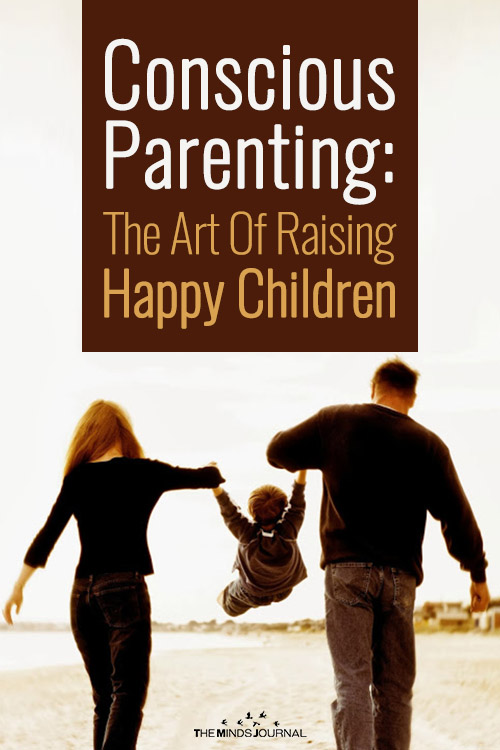
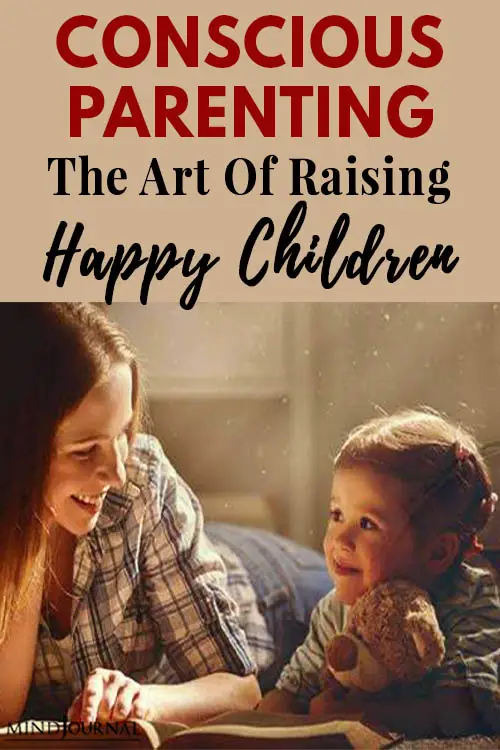
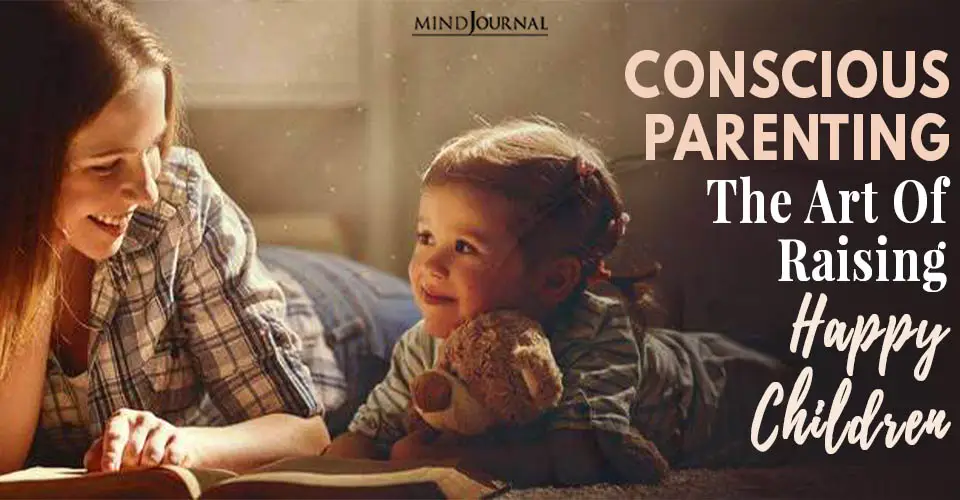




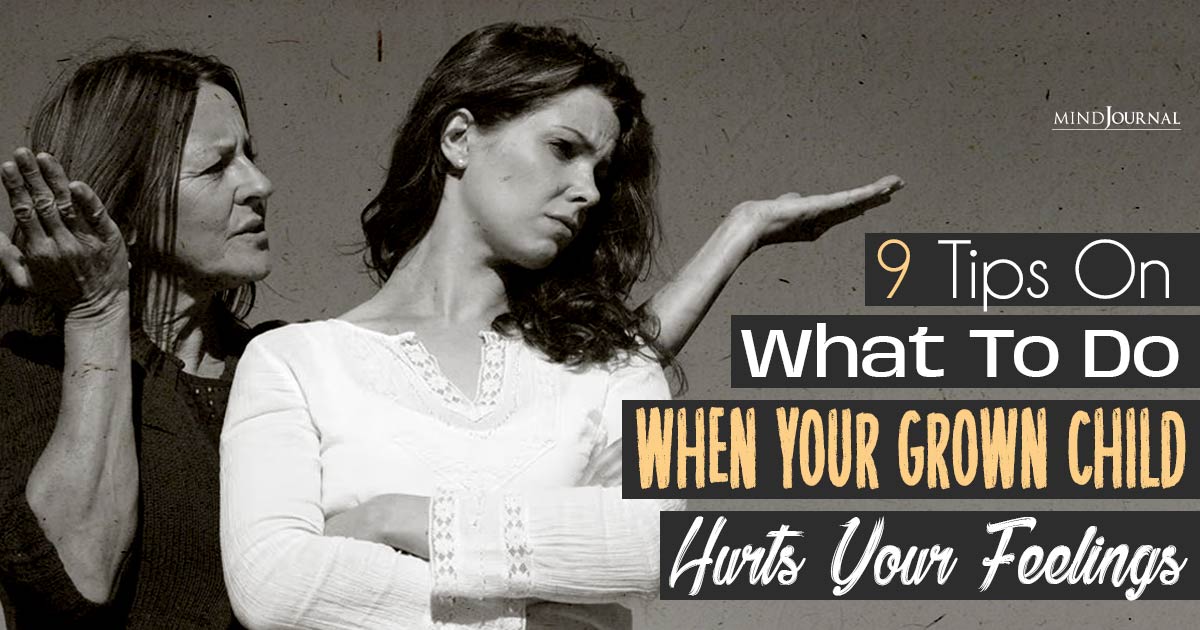
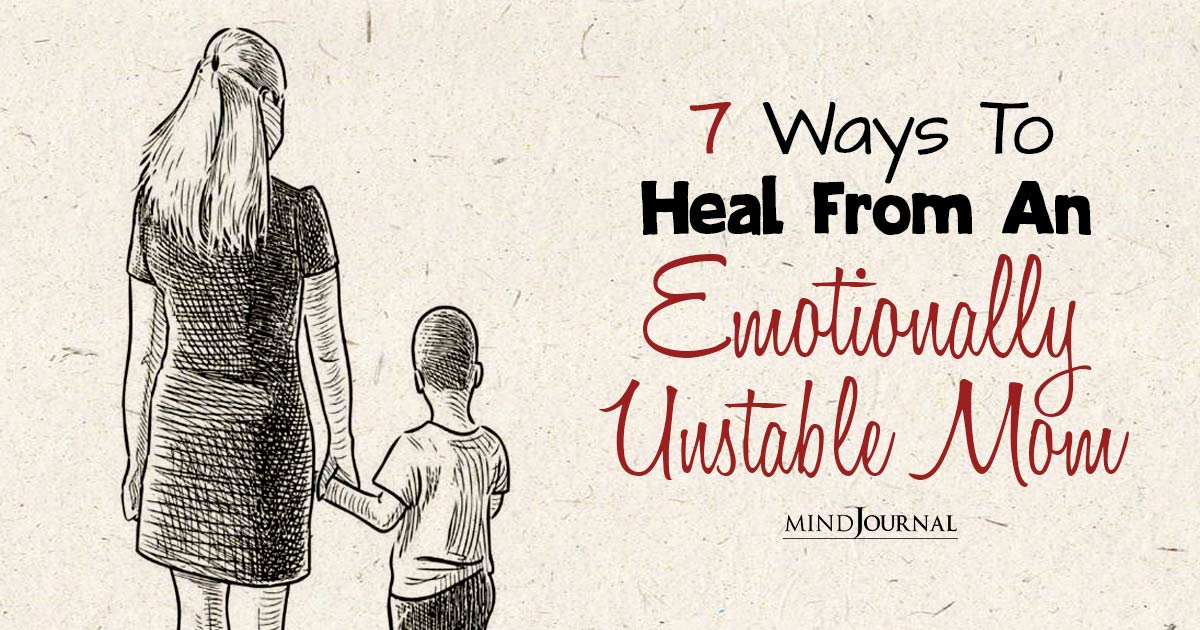
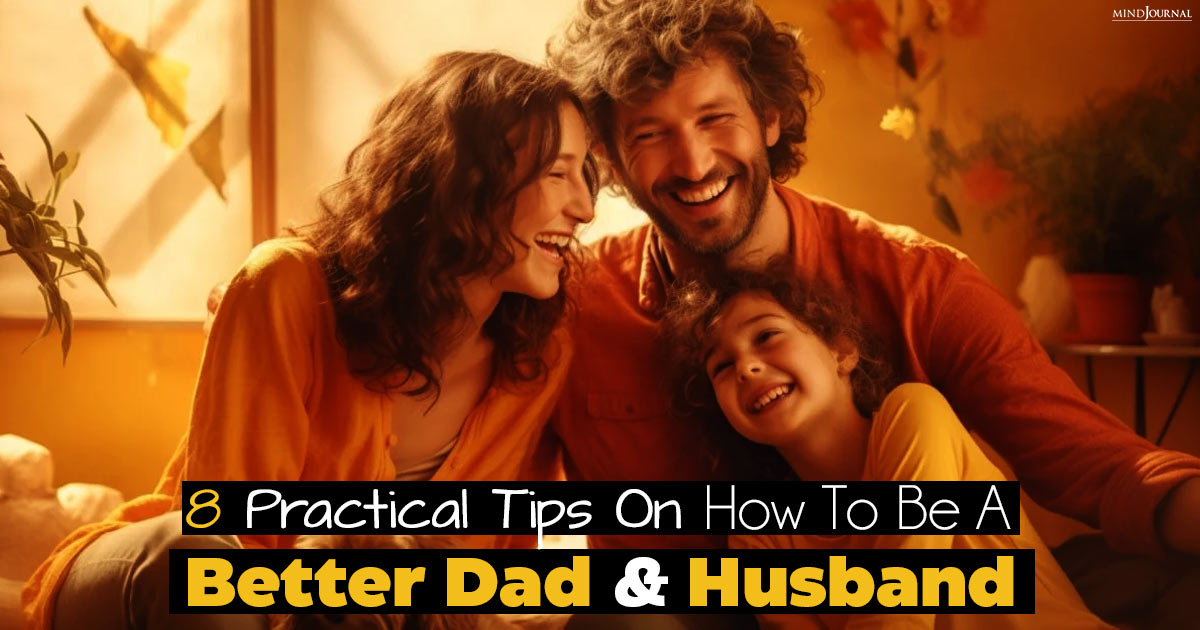
Leave a Reply
You must be logged in to post a comment.